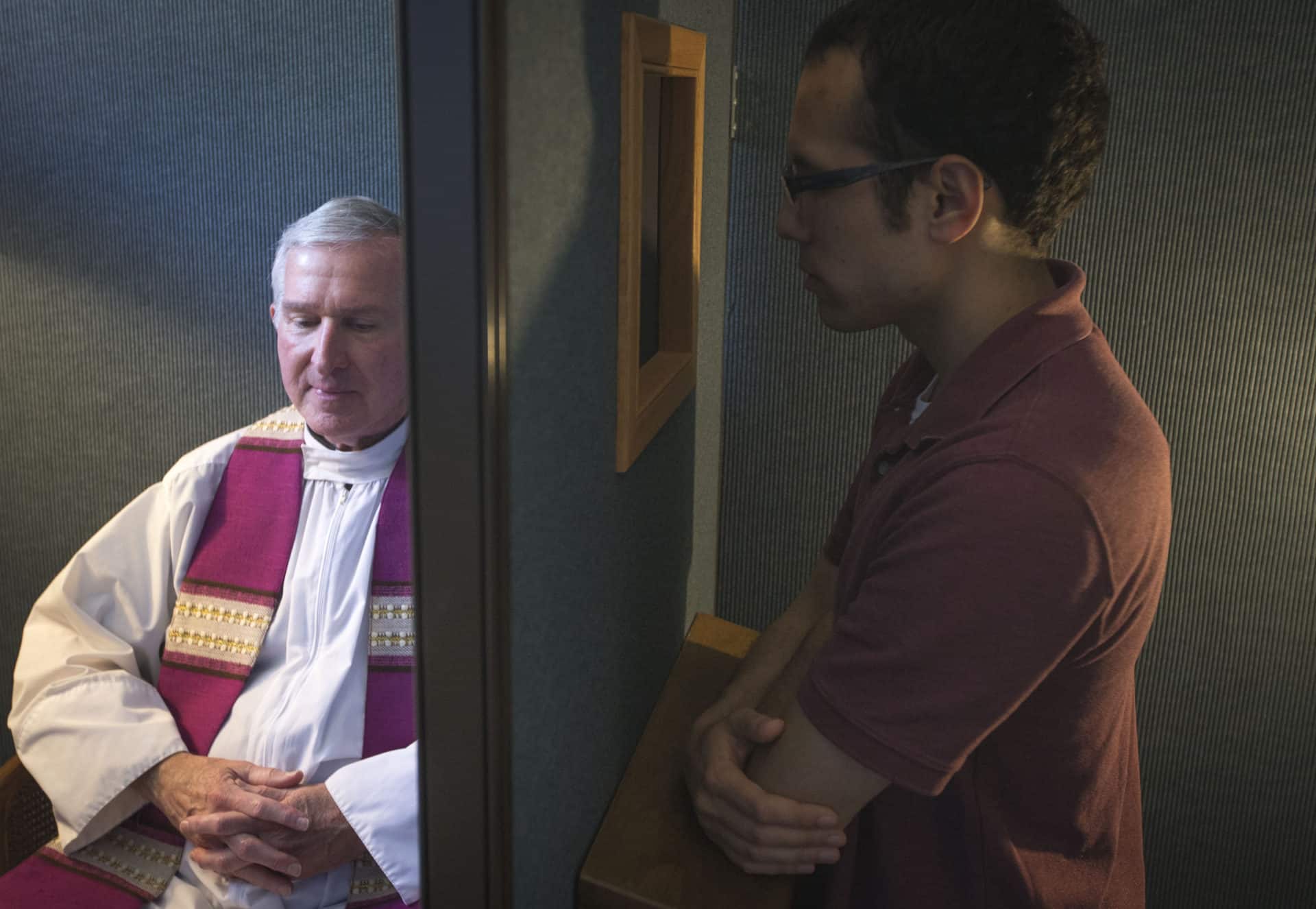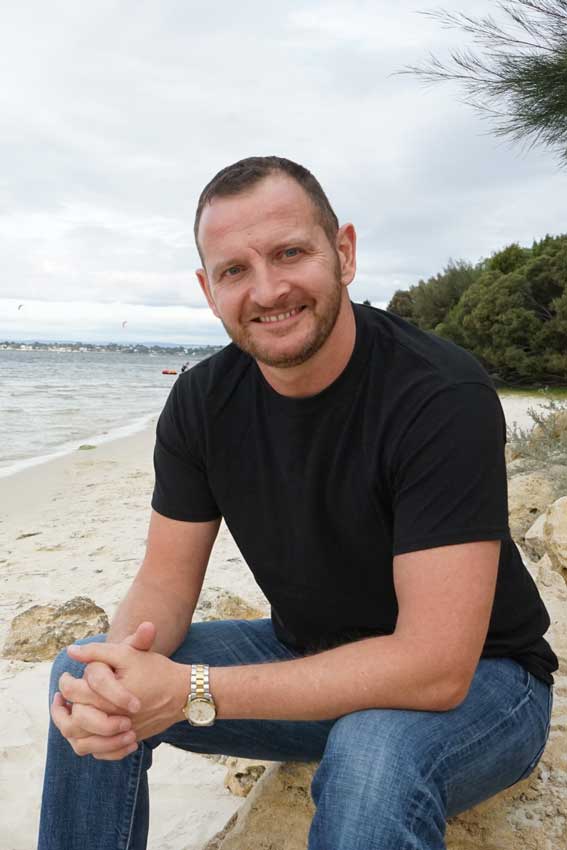
Minister is challenged over Seal of Confession legislation
James Parker, who runs peer support groups for child abuse survivors in Western Australia, said the proposed legislation was a “betrayal of every survivor’s journey of recovery”.
He said the proposed amendments by Minister Simone McGurk MLA, which included a call to ignore the Seal of Confession and to force Catholic priests to report knowledge or suspicions of child sex abuse, in reality can cause grievous harm to the very people it seeks to protect and actually permit further abuse to occur.
“Simone McGurk is not listening to survivors’ lived realities and how our stories can help to protect children today and into the future,” he said.

“It is commonly known that perpetrators don’t talk about abuse in the confessional … but many survivors do.
“The confessional remains the only place that a vulnerable child or adult victim can easily access and without cost talk with anonymity and privacy about their present or past trauma.”
As a non-Catholic teenager, Parker used the confessional to first disclose his extensive history of childhood sexual abuse.
“I was a suicidal teenager. I had no one to turn to who would let me talk at my pace and respect my need at that time for utter privacy. It was the kindness and empathy of a Catholic priest that literally saved my life.”
Two decades later, Parker’s witness was fundamental in convicting a serial paedophile.
“Without the Seal of Confession, I would never have begun my journey of recovery, which would have left a prolific child abuser roaming free even today to continue molesting children,” he said.
“Many victims tell me they feel betrayed and want the Minister to concentrate on bolstering support for survivors rather than threatening and policing a critical private space which many survivors use and have used to find hope and healing.”
One survivor spoke of her despair and being “re-traumatised” by the Minister’s proposals regarding abuse she suffered in her indigenous community.
“In 2020, where else can an Aboriginal child or teenager go within their community setting and find a totally confidential listening ear to talk to about abuse while remaining completely anonymous?” she said.
“What looks like a visible win for the government will be a complete catastrophe for survivors.”
“Simone McGurk is not listening to survivors’ lived realities and how our stories can help to protect children today and into the future”
Another victim admitted the proposals were “increasing his anxiety, leaving him feeling totally betrayed and abandoned by this government”.
“We the abuse victims are being frightened away from going to confession,” he said. “Shouldn’t the government be on our side? If we aren’t strengthened inside of ourselves, which is what confession has done and does for me continually, then how are we going to start building up the confidence and courage to be able to report past crimes to the police and then have the inner strength to deal with the pressure and stress of any potential court proceedings?”
Ms McGurk said the Government was standing firm on its decision on the amendments to the Children and Community Services Act.
“The Royal Commission into Institutional Responses to Child Sexual Abuse heard from 7,981 survivors of child sexual abuse, looked at 57 case studies involving specific instances of child sexual abuse in Australian institutions, held more than 8000 private sessions, took more than 42,000 phone calls, received more than 25,000 emails and letters and published 59 independent research reports,” she said.
“This body of work was completed over five years and resulted in 17 volumes of findings based on the evidence gathered, along with 409 recommendations to address those findings.
“While every survivor’s experience should be acknowledged, the Royal Commission recommended that we implement this measure based on the overwhelming evidence in front of it.”
Related articles:
